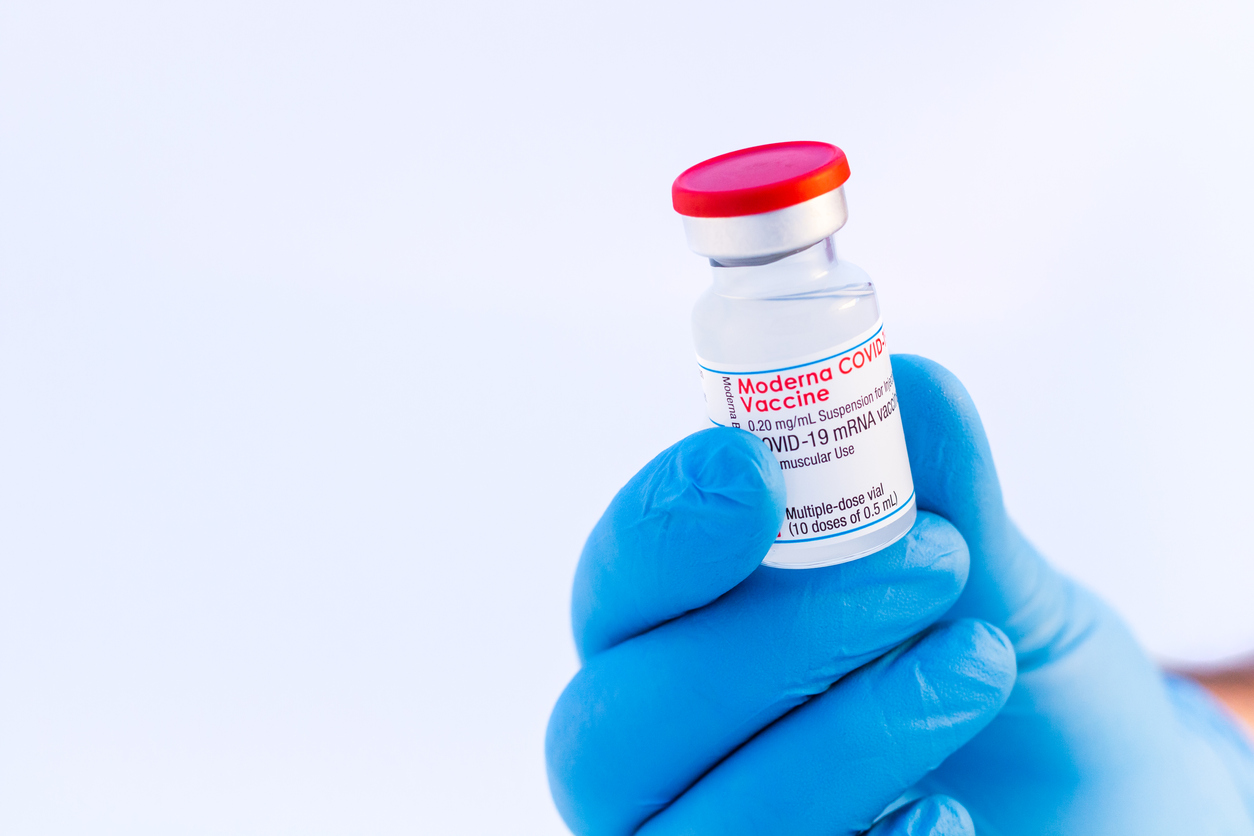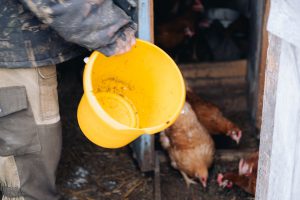The Covid-19 pandemic has brought renewed attention to drug patents and how they can impede public health efforts. Patents on existing and new medicines for the treatment and prevention of SARS-CoV-2 have already created hurdles to addressing the pandemic.
Most recently, advocates have focused on waiving global regulations on intellectual property in the interest of scaled-up vaccine distribution. These efforts have seen success with the Biden administration’s recent commitment to waive certain patent protections (under the World Trade Organization’s Trade-Related Aspects of Intellectual Property) on Covid vaccines. However, global, multi-lateral and state-level intellectual property rights laws are likely to continue to present barriers to global access to affordable Covid-19 treatment and prevention medicines.
In a new article for Global Public Health, CUNY SPH doctoral student Alexa D’Angelo, along with Professor Christian Grov and Distinguished Professor Nick Freudenberg use the example of the HIV/AIDS pandemic to analyze existing pathways for challenging pharmaceutical patents in the context of the Covid-19 pandemic.
D’Angelo and colleagues review three legal pathways for challenging patents on medicines by describing cases in which they were employed to make antiretroviral drugs more accessible to people living with HIV in the U.S. and globally. These include through TRIPS flexibilities (global), and march-in rights (U.S), and as well as addressing the instances where competing patents held by a government agency may be used to challenge private ones.
The authors use several case studies from the HIV/AIDS pandemic to glean insights into the barriers that governments and public health advocates may face when calling upon these pathways to challenge patents.
“If we don’t examine our history, we are destined to repeat it,” Grov says. “We have hard-learned lessons from the HIV/AIDS epidemic dating back now decades that inform best practices for how to manage this new pandemic.”
Finally, the researchers offer advocacy and policy suggestions for how to address these challenges to improve access to Covid-19 treatments as they become available in the United States and globally.
“Low and middle income country governments and public health advocates have been vocal about the issue of Covid-19 drug pricing and patent monopolies on Covid-19 vaccines and drugs,” says D’Angelo. “We have to commit ourselves to ensuring the medicines are affordable and accessible to all, regardless of whether it threatens private industry profits.”




